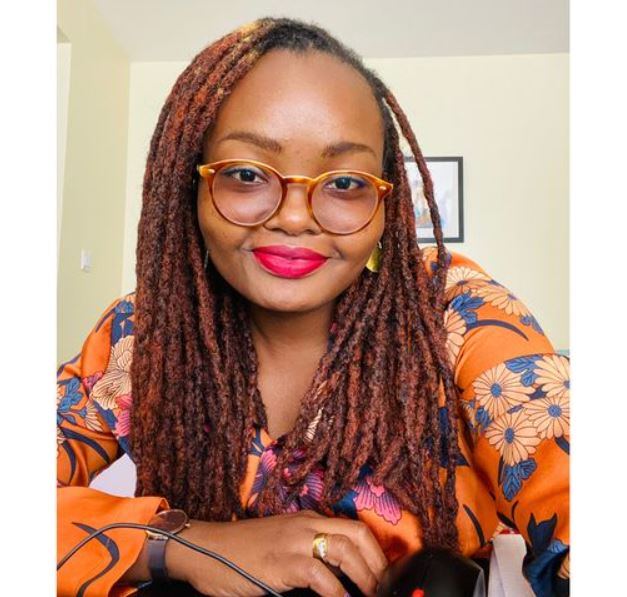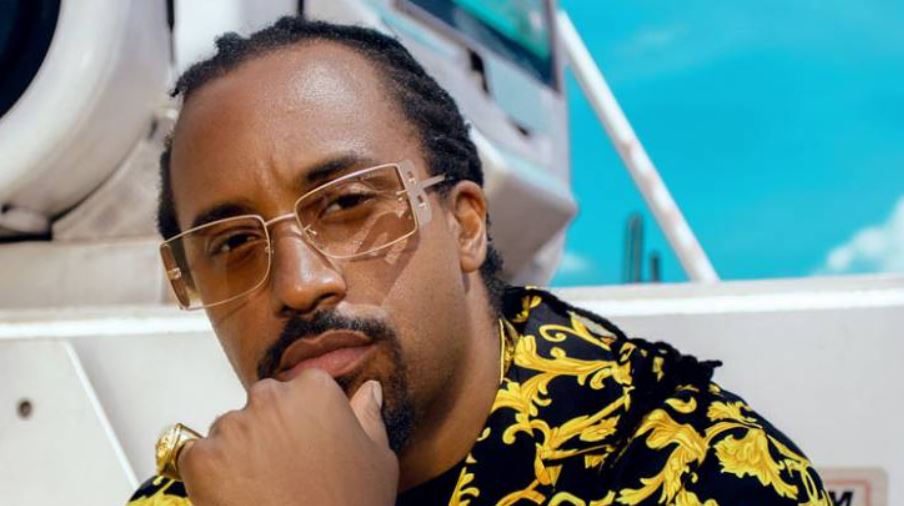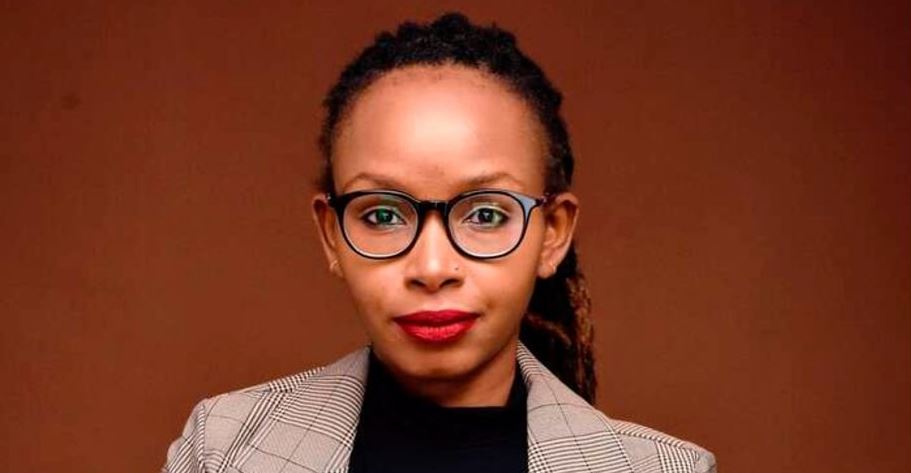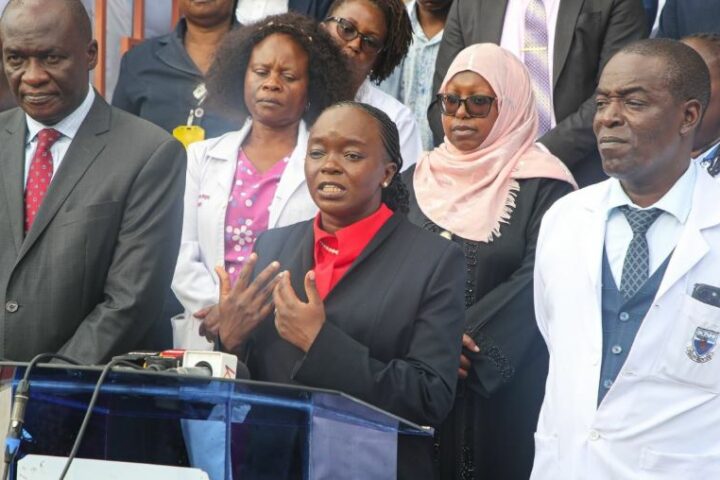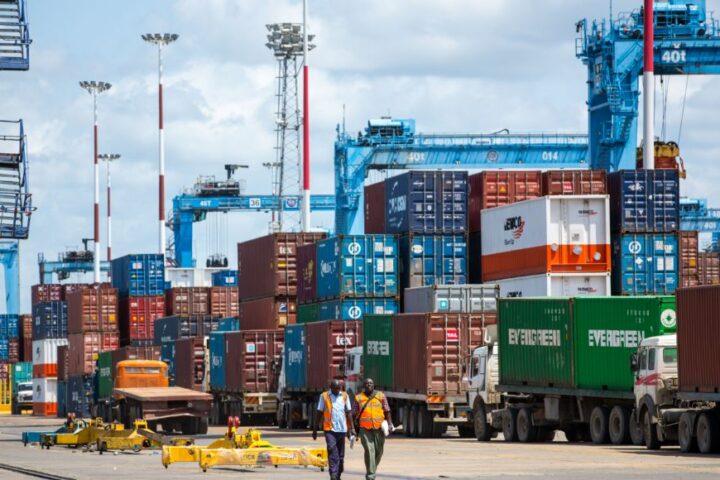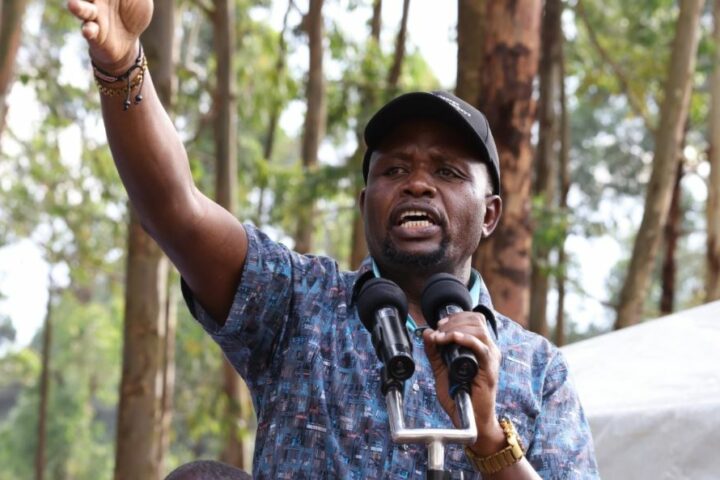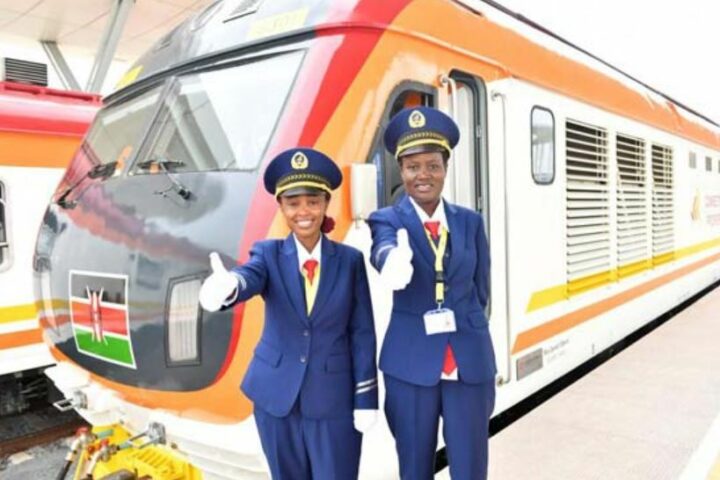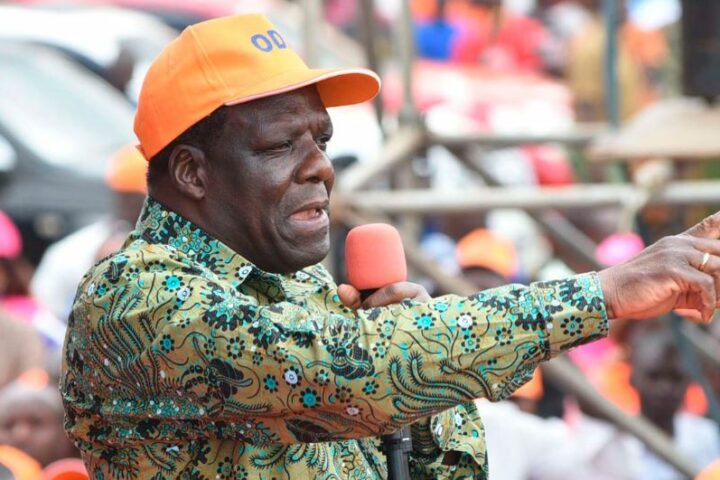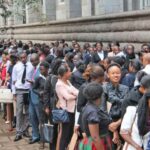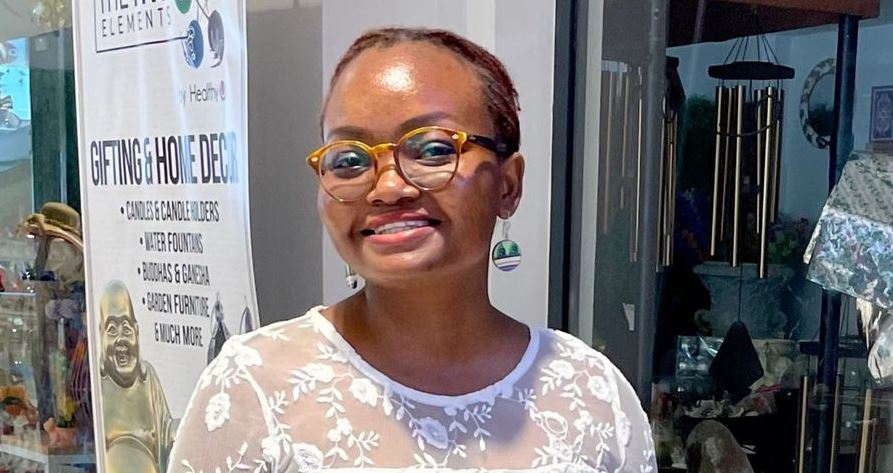
Eunice shares her career path with the Sunday Nation.
Briefly tell us about yourself.
I am a multimedia storyteller, married, and currently living in Nairobi. I’m an empath, so I’m always curious about people, and I’m moved by other people’s pain and (health) injustices.
I am a mentor and coach for young aspiring journalists and communications professionals. I’m also the African Regional Youth Champion for the Lancet & Financial Times Commission that is exploring convergence of digital health, artificial intelligence (AI) and other frontier technologies with universal health coverage (UHC) to support attainment of the third Sustainable Development Goal (SDG).
I play the drums (the djembe), and I have synesthesia; I can smell colour.
Tell us about your childhood and educational background.
I was born and brought up in Mombasa County. I studied at the Star of the Sea – nursery, primary and high schools – where I held various leadership roles. Growing up, I loved public speaking and reading – I found new information exciting.
Gradually, I began reading and collecting African literature and participating in debate competitions. While I loved and excelled in the sciences – biology and chemistry – I looked forward to literature and Kiswahili classes because of the opportunity to discuss characters, story themes, and stylistic devices.
I also loved crafts, and my younger sister and I did art and design up to Form Four. So now I collect different artworks whenever I travel.
In 2009 I joined the University of Nairobi to pursue a Bachelor of Arts degree in Political Science, Communications and Literature. While at UoN, I was a blogger and writer for various campus newsletters and publications.
In my first year, I had a three-month communications internship at the Koinonia Media Center. I got a seven-month health communications and media internship at PATH, attached to the G-PANGE youth program by my second year. PATH is a global team of innovators working to accelerate health equity. This was my entry into health communications, which I am passionate about and known for.
On December 17, 2021, I graduated from the University of Nairobi with a Master’s in International Relations – my final project being on a global health topic. I’m currently doing a professional course – Chartered Institute of Marketing – at Strathmore University.
Could you share with us your career journey?
As I did my final undergraduate paper at UoN in 2013, I got an offer to join the Nation Media Group Media Lab programme. I started as a cub reporter and would become a health beat reporter and senior health journalist by the time I left four years later.
I was committed to putting great health stories on the front pages from across the country and the world. I’m proud that during my time, this was possible.
As a health journalist at NMG, I read countless health research papers, and when I called up scientists, I could see them struggle to express themselves. I thought to myself, how could I support health researchers and scientists to tell their stories? This is how I joined the African Population and Health Center in mid-2017 as a Communications Officer. I worked with more than 250 Ph.D. researchers to amplify their work across the continent.
As you can imagine, it involved reading a lot of science and medical research and then unpacking it into simple-to-understand multimedia content. While there, I did an Executive Certificate in Global Health Diplomacy at the Graduate Institute, Geneve. This course broadened my perspective of global health.
Close to three years later, I thought to myself, what else could I write about beyond health and research? This nudge saw me applying for a consultancy at UN Environment Program (UNEP). The task? To write and produce social media content about coral reefs!
If I was to become a multi-faceted storyteller, I had to do something different, and this was it. I got in UNEP and the opportunity offered me multicultural experiences, appreciation of multilateralism and life below water: oceans.
Thereafter, I got a chance to join Safaricom PLC as a Manager, Content Generation, where I am currently. My role entails developing and maintaining a proactive multimedia news content generation strategy; high-level engagements and communications, including speeches for executive and foundation leadership; implementing and collaborating in digital communications campaigns; risk communications; and managing communications resources and budgets.
I love to tell stories, and this role affords me that opportunity and more. I get very excited when I get a chance to brainstorm potential stories and then think of creative ways to use multimedia content to serve that purpose.
The key leadership lessons I’ve picked as a manager are teamwork, excellence and curiosity. Allow me at this point to plug in a platform I am very proud about, Safaricom Newsroom, that produces excellent multimedia content.
What are the fondest memories of your career journey thus far?
I have had several memorable moments, but what stands out was my work with Ph.D. researchers across the continent while at APHRC. I read a lot of science and medical research and used my newsroom communications and media experiences to tell stories of how African-based research is transforming the continent.
It was genuinely humbling to unpack the science for policymakers and the community helping them make evidence-based decisions.
These skills have helped me a great deal, especially now as a Communication Manager. I work with various teams and agencies to generate multimedia content that is easily accessible, creative and resonates with multiple audiences.
What has been the critical driver of your growth?
Always staying curious. Knowing and understanding that I may never have the monopoly over information has taught me to be open-minded and learn from others.
For instance, while in the newsroom, I always followed up with editors to find out what I could have done better in my stories. It was not easy to hear the criticism at times, but I took it all with stride.
Looking back, this shaped my writing, communications and worldview, skills that are helping me to date.
Also, don’t underestimate what you are learning now; it builds into your skill set. You never know when and where you’d need to whip them up. No talent or experience is wasted.
Would you care to mention the people who have had a positive impact on your career growth?
Several people have held my hand along the way. At the onset during my communications internship at the Koinonia Media Center in Dagoretti, armed with my novice writing skills, I came face to face with news writing. My supervisors, Eric Sande and Zachary Ochieng taught me the ropes.
I’m also forever indebted to editors such as Bernard Mwinzi, Mutuma Mathiu, Eric Shimoli, Pamella Sittoni, Diana Mwango, Judy Ongecha and Felista Wangari in the newsroom.
What accomplishment are you most proud of in life?
Of the 11 accolades – local, regional and global – I have received to date, being named the African Regional Youth Champion for the Lancet & Financial Times Commission (the most recent one) was the most exciting. It combines my passion for global health with technology and innovation by finding the nexus between digital health, artificial intelligence (AI) with universal health coverage (UHC), focusing on young people and children.
As a Kenyan on that global stage, I am reminded of all the young people from this continent that I represent when digital health technologies are discussed in that international arena.
Key decisions you might have taken along your career journey?
I like to identify a problem, solve it, and stick around long enough to build the capacity of others around me to take on the mantle and ensure the problem stays solved. This means I have to be keen on learning from others, holding their hand and guiding where I can.
Another is to take calculated risks. When I resigned to take up the consultancy at UNEP, some of my peers thought it was insane. To shift gears from health and get to write about coral reefs? But it made perfect sense to me.
If I was to become a multi-faceted storyteller, I had to do something that I had never done before, do something that scared me. Writing about corals – such an important ecosystem – that many people do not know or understand reminded me how little we know about our planet and life below water.
What’s your advice to the youth in Kenya today?
Stay curious and teachable. Nothing comes easy. I’ve been writing and telling stories for over a decade to build my skills.
Take time. Nothing is quick and fast. Not that six-figure salary. Or that dream you have to drive your first car or own your first home. There are no shortcuts.
Finally, re-invent yourself as much as possible and invest in yourself: Lookup for a new course, save up and sign up.
Your future plans?
While I’m still known as a health journalist/communicator, this was my comfort zone. Now, I think of myself as a global multimedia storyteller with a nose for news and an ear, mind and soul for development stories. My vision is to be an international multimedia storyteller who goes where the story leads.
What do you do for fun?
I love travelling, art, being outdoors and trying out new restaurants. One day I hope to be a part-time travel influencer who travels to write about unique places and houses in Kenya and worldwide, primarily via Airbnb.
If there was one thing you could change about your past, what would that be?
My fear of failure. It was crippling. Now I have learnt that failing is learning. Failing is a reminder of the opportunity to become better. Fail, but fail forward.
